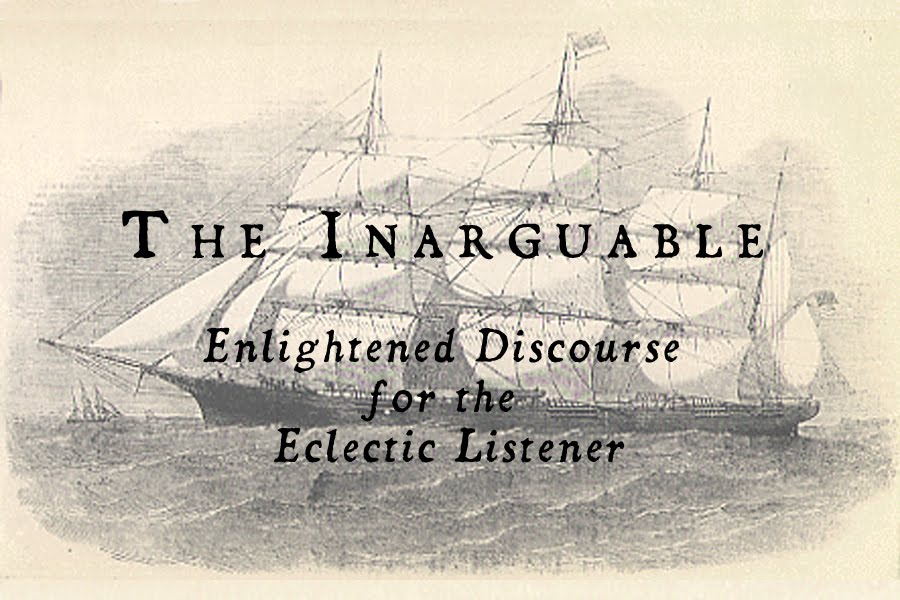 |
| Cinco de Gatos ca. 1995 |
The 1990s set the stage for many a rock band; musicians ranging from young teenagers to older twenty-somethings picked up their guitars with dreams of being signed to Dischord and Jade Tree Records, maybe recording a demo or two, and, if they were lucky, a full-length album for some independent label before fading into relative obscurity, perhaps to be discovered by some college student who picked up their limited 7” record at a small resale shop or dying radio station sale.
One of the most poignant and sadly unknown bands to come from the early 1990s Chicago scene was the short-lived Cinco de Gatos. Only existing for a short period between 1994 and 1996, Cinco de Gatos recorded a demo, El Kitti Loco, a yet-to-be-released full-length entitled Epiphany Wants to Come Home, as well as an EP, Home Taping Is Destroying Hardcore, recorded for their short reunion in 2009-2010. A combination of their short career, a failed reunion in the late 2000s, and the lack of readily-available recordings has proved all but successful for any media exposure, maybe getting a mention in a show review if they were lucky. Being the first in-depth look into Cinco de Gatos, this article will delve into the band's genre and history, discuss both Epiphany and Home Taping, as well as discuss the band's short reunion and what the future holds for the band itself, if there is a future for Cinco de Gatos indeed.
Cinco de Gatos fit into what is known as the “post-hardcore” community, a subgenre of rock music with its roots in the late 1970s/early 1980s. Essentially an experimental offshoot of the “hardcore” genre, post-hardcore's earliest incarnations existed with bands such as Black Flag, whose My War album's B-side is a slow, wretched, noisy affair characterized by vocalist Henry Rollins's pained spoken-word, or The Clash's later experiments with reggae and pop music, or even seminal post-punk band The Pop Group's inclusion of dub, jazz and noise into their bass-heavy, experimental take on punk. The 1990s brought about post-hardcore's pinnacle, featuring At the Drive-In's flirtations with Hispanic rhythms and effects pedal-ridden psychedelia, Fugazi's heavy, funk-influenced rhythms and Glassjaw's overall “modernist” take on rock music in general: keeping a strong rhythm section over which the guitarists and singer perform semi-improvised, avant-garde sonic experiments. Post-hardcore eventually became a blanket term for any band with punk roots or punk influence who just did something different or new with the genre.
